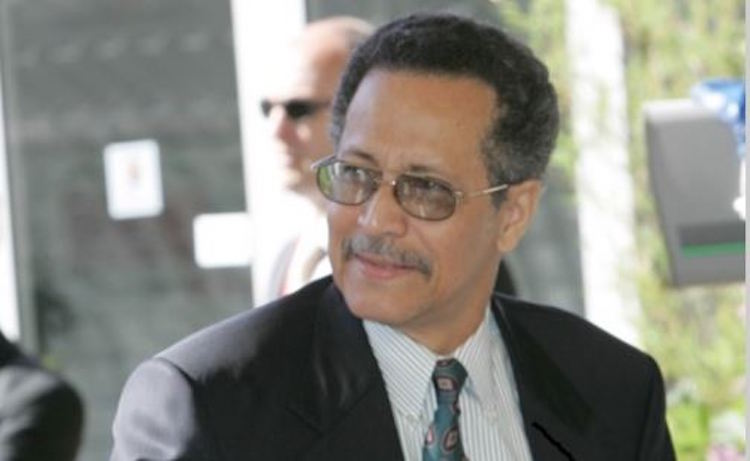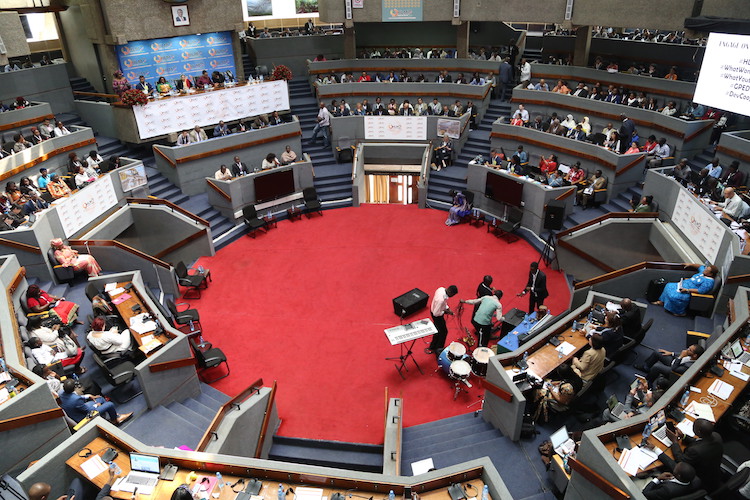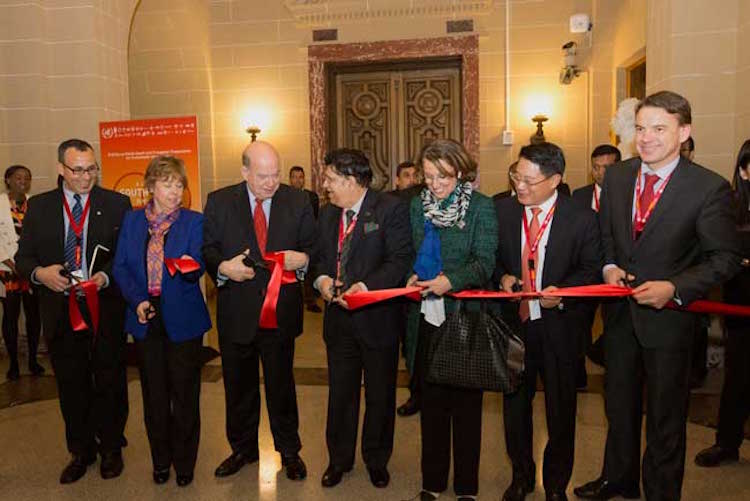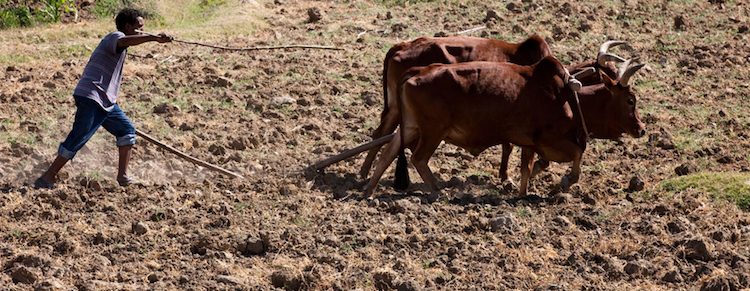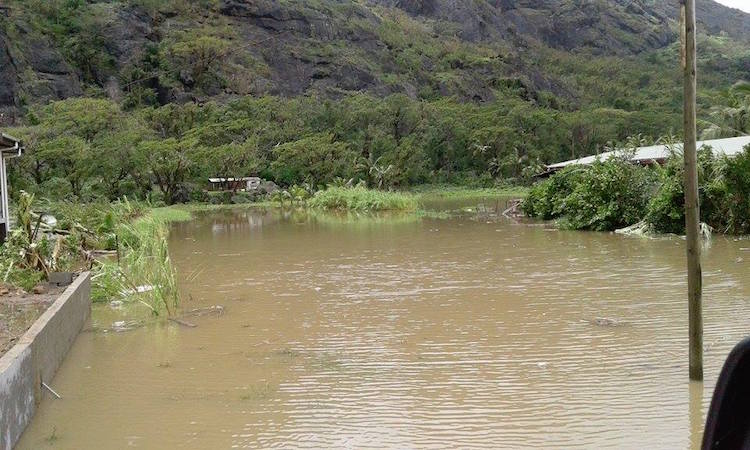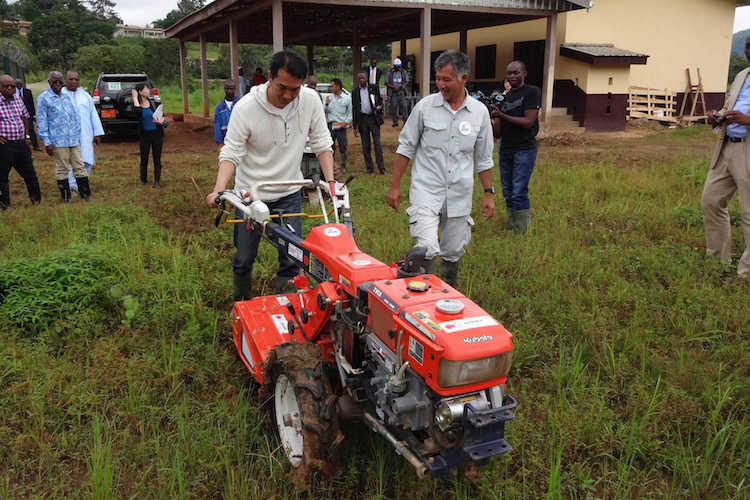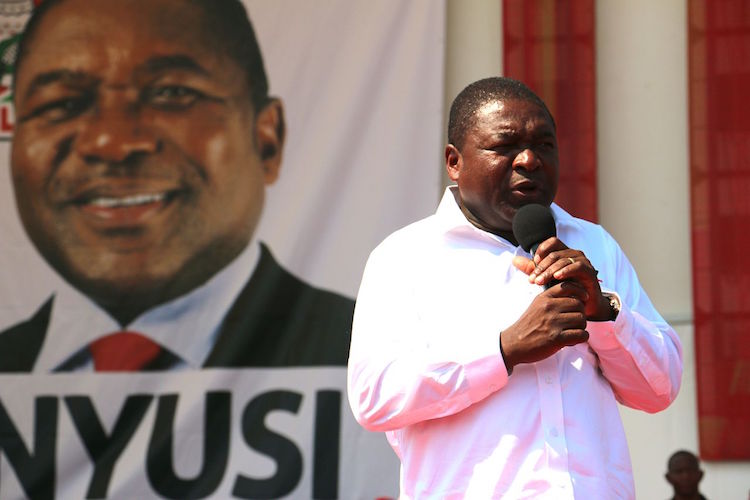By Jesse Griffiths*
BRUSSELS (IDN | INPS) – The Sustainable Development Goals are ambitious objectives; business as usual will not deliver them. Speaking on the recent International Day for the Eradication of Poverty, UN Secretary-General António Guterres acknowledged the need for new thinking. “The pledge to leave no one behind will require innovative approaches, partnerships, and solutions,” he said.
But this new model will only come about if we radically reshape the national, regional, and global economies that lie behind many of the obstacles to achieving the SDGs. We must rethink the way we govern and manage the global financial and economic system.



